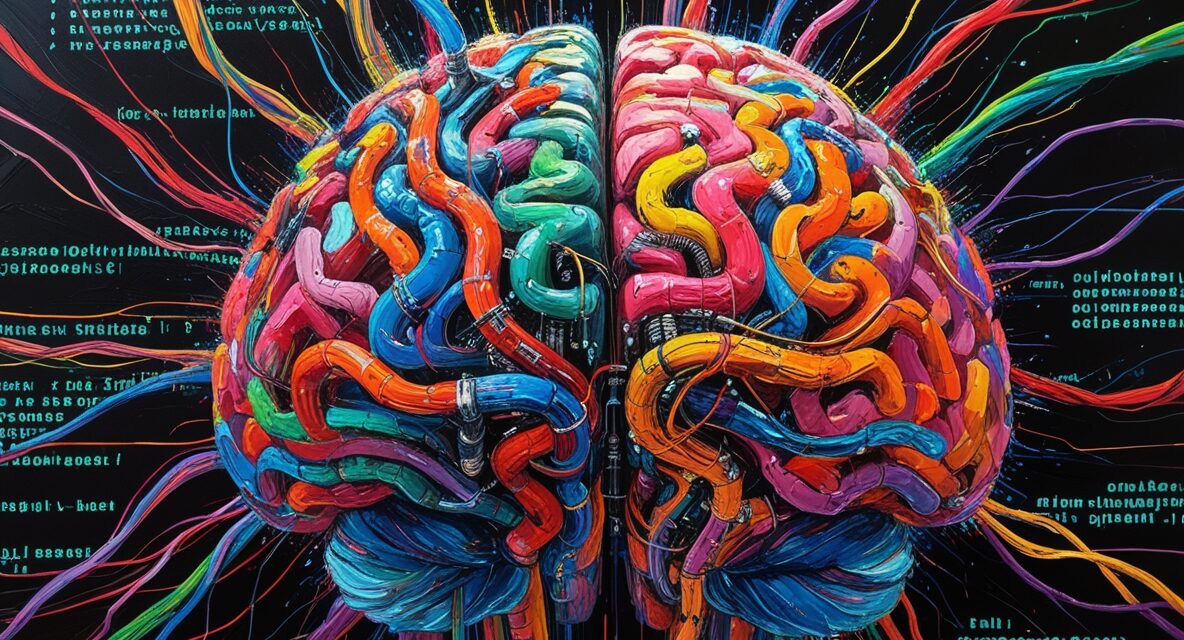With 40% of global companies now using AI, new research highlights the importance of understanding how different Large Language Models (LLMs) influence workplace communication. According to Online DISC Profile, each AI tool has a distinct personality type, which affects the tone and style of its responses.
The study applied the DISC personality model to several LLMs, including Gemini, Perplexity, CoPilot, DeepSeek and ChatGPT. It found that each model exhibits unique traits that can impact how messages are perceived. This means businesses must consider whether the tone of AI-generated content aligns with their intended messaging.
DISC profiling is commonly used to assess behavioural preferences, communication styles and ideal work environments. Applying this method to LLMs provides insight into how each AI tool communicates. Some models take a more authoritative approach, while others favour a supportive and calming tone.
AI Personality Profiles and Workplace Impact
The research identified ChatGPT and CoPilot as DI (dominance influence) types, characterised by confidence, high energy and motivational tones. Perplexity was found to have an ID (influence dominance) profile, displaying strong leadership qualities with a social and direct communication style. DeepSeek and Gemini exhibited steadiness and conscientious traits, focusing on structure, support and problem-solving.
The findings suggest that AI-generated content may need adjustments to align with workplace communication styles. Adam Stamm, co-owner of Online DISC Profile, advises businesses to review AI-generated content carefully rather than using it verbatim. He emphasises the need for editing to ensure consistency with intended messaging.
Where organisations rely on a single LLM, they may need to train it to match their communication style. Workplaces accommodate different personality types among employees, adapting communication accordingly. The same approach should apply to AI tools.
Risks and Considerations for AI in Workplaces
The ability of LLMs to adapt to different styles raises concerns over authenticity. AI tools could enable individuals to create misleading personas in professional settings. For example, a job applicant might use AI to draft an application in a tone that differs from their natural communication style, leading to discrepancies in interviews and hiring decisions.
Despite these risks, AI tools can support businesses in areas such as employee training. By incorporating DISC personality insights, organisations can refine AI-generated content to better align with team communication styles. This research notes the growing role of AI in workplace interactions and the need for businesses to manage its use effectively.






